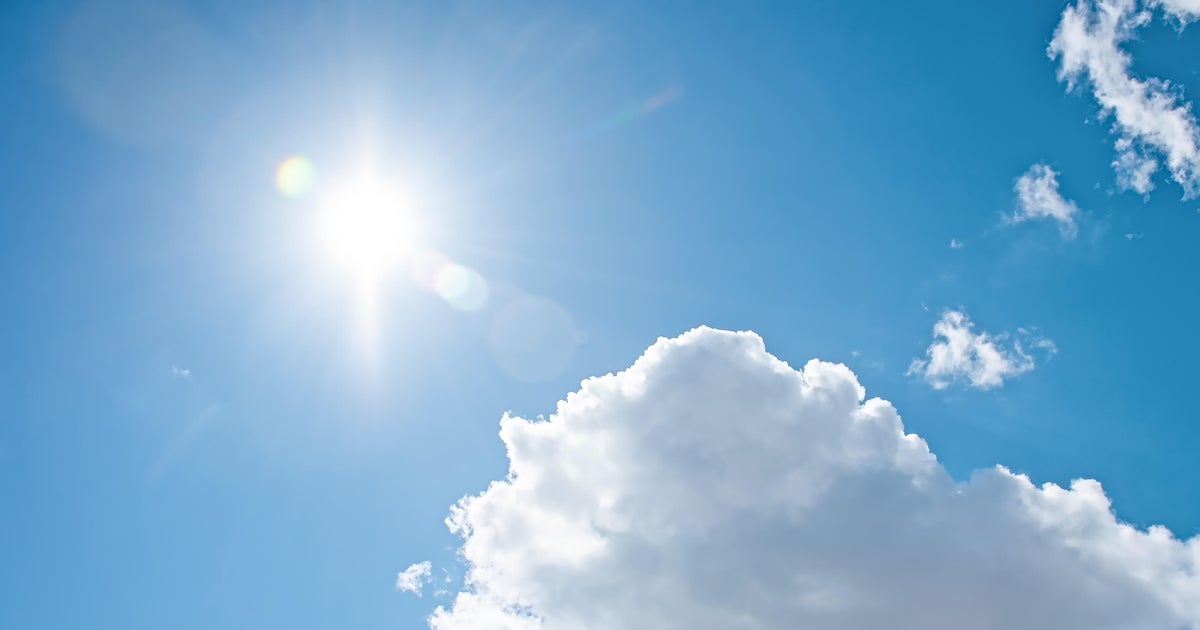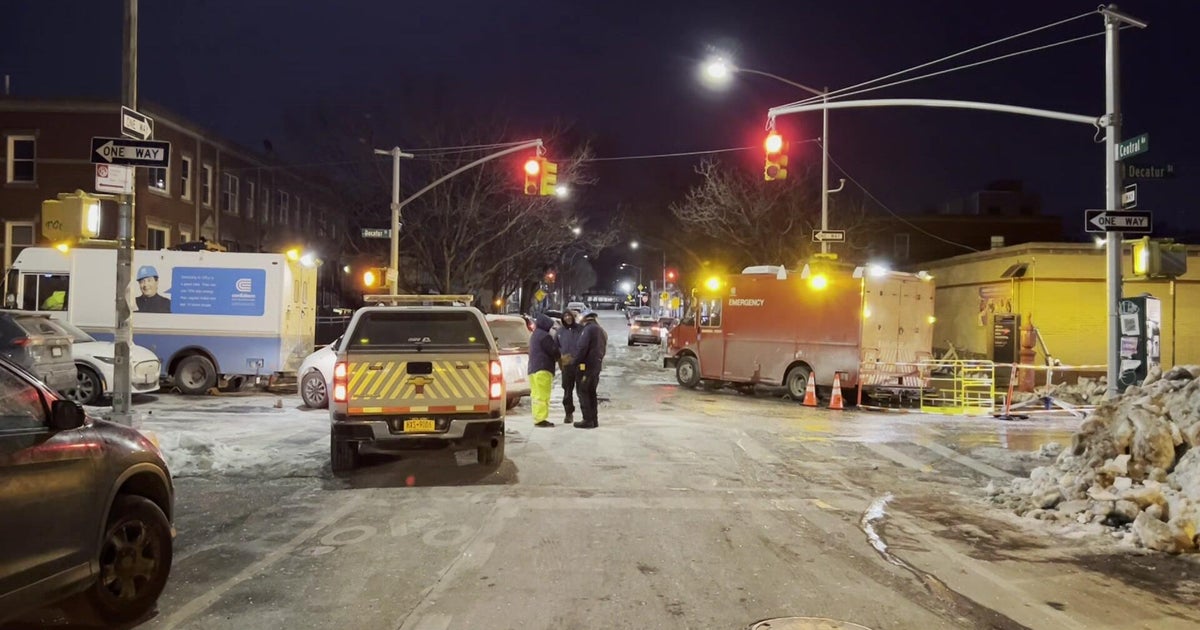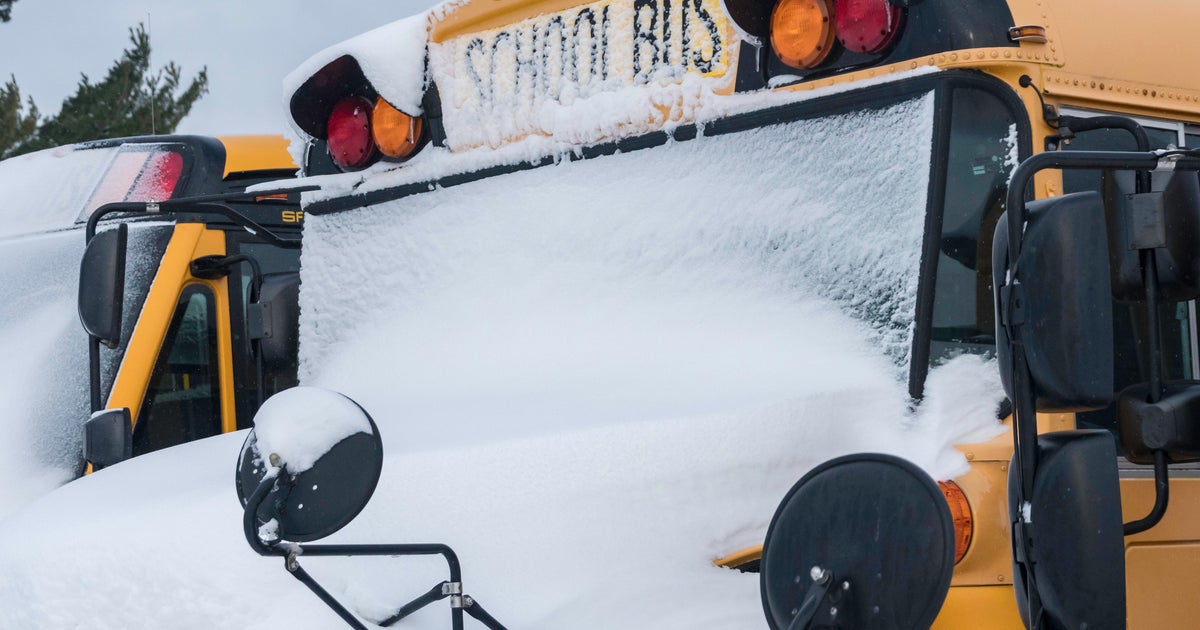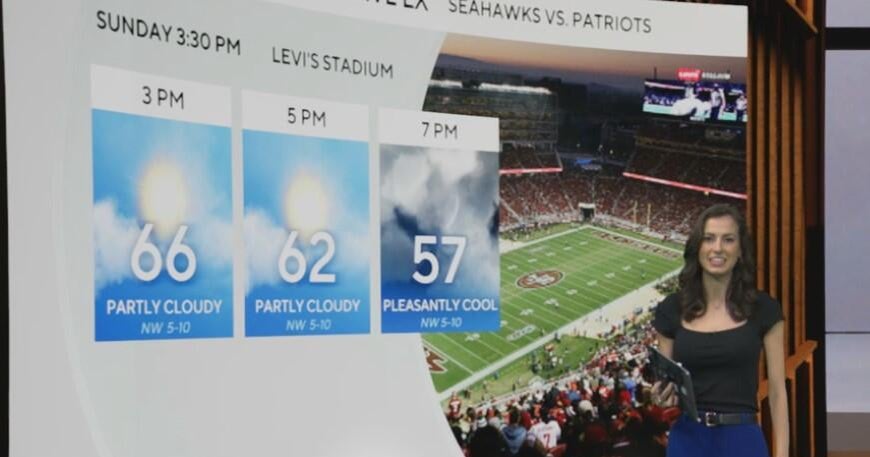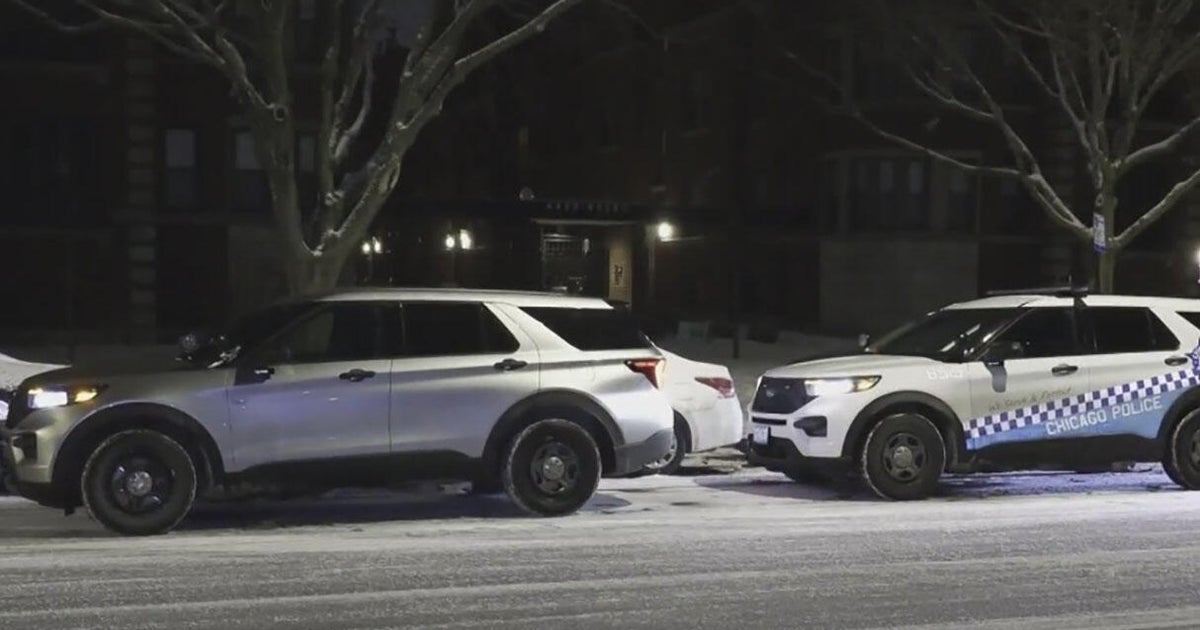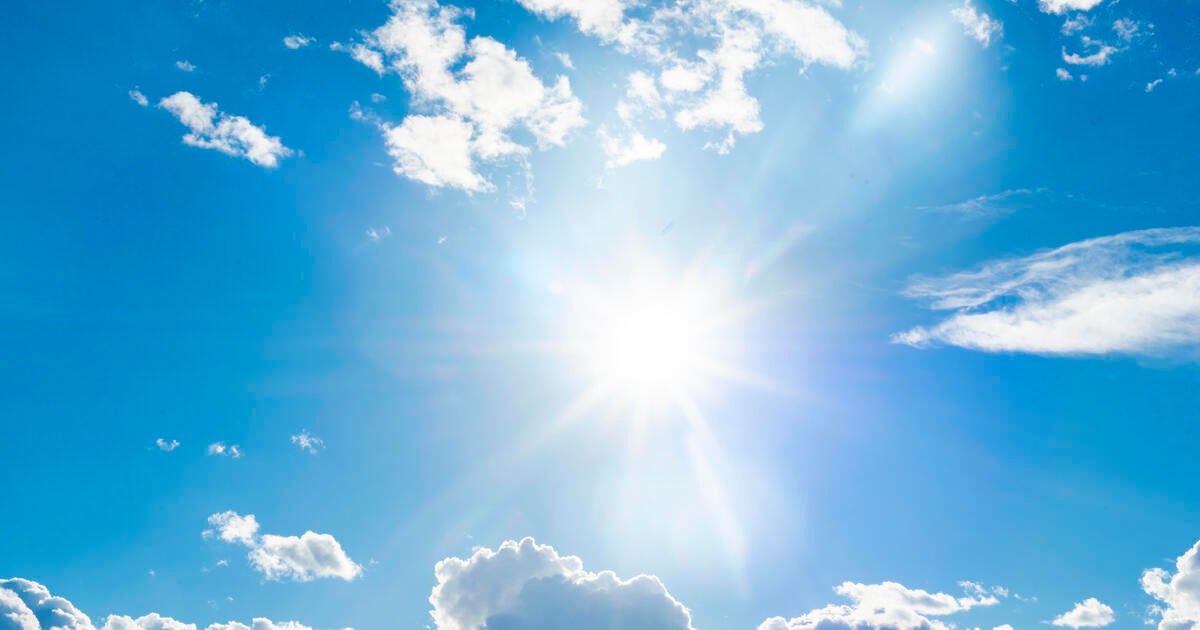Chicago Breaks Temperature Record For Second Day In A Row
CHICAGO (CBS) -- For the second day in a row, Chicago broke a record for warm temperatures, and the pattern can continue throughout the holiday weekend.
Chicago broke Saturday a 36-year-old record for warm weather in February. Friday marked an even greater achievement when Chicago broke a 137-year-old record.
RELATED: Chicago Breaks Temperature Record As Mercury Soars Past 60
CBS 2's Meteorologist Megan Glaros reports the record high for Feb. 18 was 62 degrees in 1981. But on Saturday morning, temperatures at O'Hare reached 63 degrees breaking the record, according to CBS 2's Meteorologist Ed Curran.
Temperatures continued to climb throughout the day, reaching 69 degrees around 2 p.m. and eventually reaching 70 degrees late afternoon. Saturday marked the fourth time O'Hare has reached 70 degrees in February since 1871, according to the National Weather Service.
Temperatures should be close to records every day at least through Monday, according to the latest forecasts.
CBS 2's Meteorologist Ed Curran reported Monday's high is expected to be around 63, compared to the Feb. 20 record of 64 set in 1930, so the pattern of breaking records in the next few days is a high possibility. Tuesdays expected high will be around 60 and Wednesday is expected to reach 59 degrees.
Sunday there will be sunshine with a high of about 60, with temperatures cooler by the lake. It may not beat the Feb. 19 record of 65, but it is still unseasonably warm for mid-February.
Meantime, Chicago has gone more than two months without a one-inch snowfall. The last time the city saw an inch of snow in one day was Dec. 17, 2016. In fact, Chicago has had only six-tenths of an inch of snow for all of astronomical winter.
The current 62-day snow drought is sure to last at least through the next week, with temperatures not expected to dip below freezing again until Feb. 25. The longest Chicago has gone without a one-inch snowfall is 66 days, in winter of 1921-22, so that record is almost certain to go down unless there's a dramatic shift in the forecast soon.

